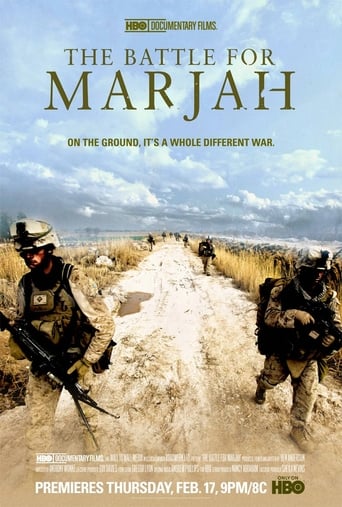cmbiggs113
I just watched this on HBO and it was good, but there was one thing about it that I found pretty disgusting. The music by Andrew Phillips is pretty shamelessly mimicking Godspeed You! Black Emperor. One particular track is at least a 90% match for the song East Hastings which many may remember from 28 Days Latter, when Jim is exploring dead London after leaving the hospital. It's really insulting to just fake someone's music so much that it almost sounds identical because the artist wouldn't authorize its use, but considering how much GY!BE despises the military industrial complex, it's just that much more insulting. Either Mr. Phillips was explicitly asked to make a track that sounded exactly like the opening for East Hastings (key, tone, character, mood, guitar sound, bass line, and melody), or whoever signed off on the music was blissfully ignorant that it was a shameless rip-off. Either way, Andrew Phillips is the one who made the music, and whether he's just an unoriginal hack, or he just did what needed to be done to get a paycheck, he really should be ashamed of himself. Other than that, it's a pretty interesting documentary.
Krishjanis
I have to say I saw little wrong with this documentary. There were nice inter-cuts with news chatter and videos so the viewer sees the bigger picture. The film didn't seem biased to me, since soldiers could be clearly seen attempting to do their best. Sometimes they they were getting understandably frustrated and undertones of anti-war can be felt. I'm sure anyone who has any understanding of the situation in the war torn regions knows how unreal the task to a war like this actually is, since the population will never be loyal to allied forces. Overall I liked that there was as much combat footage as seemed humanly possible. I can't imagine how hard it would have been. I would recommend this one to anyone like me, interested in war, battle footage and documentaries.
Harry Cornett
Despite what other reviewers here have said, this documentary is incredibly well done.Like anything else, there is a bit of bias.But personally, I believe the outlook portrayed by the film makers aligns with the situation on the ground; this story does not deviate from the books or articles I have read. It is not that the Afghan War has been lost, but rather that it was unwinnable from the start; the history of the region should have been the first clue; Alexander the Great, the British, the Russians, and the US and ISAF to name a few - and there were many - let alone that a centralized government in Afghanistan (regardless of the capital - Kabul, Herat, Kandahar) has never been effective, with the exception of Abdur Rahman in the late 1800s: using money from the British, he created one of the most repressive regimes in Afghan history, crushed all opposition, and ruled by fear. Certainly, then, a far cry from the Jeffersonian democracy we have tried to install (which, I might add, is riddled with corruption; Karzai is a joke).The Marines performed their duties nearly flawlessly. The modern battlefield is one of the most mentally taxing in world history; the "Three Block War" captures only a piece of this, particularly as Improvised Explosive Devices have added a major variable to the equation (and are now the number one cause of Coalition casualties).To me, this film presents them as doing the absolute best job they can - and then some - in a situation that can only go from bad to worse.The only major flaw, and why I've given it a 9, is because it fails to discuss that the Afghans interviewed here, natives of southern Afghanistan, are Pashtun, the ethnic group from which the Afghan Taliban are primarily comprised. No wonder, then, that they would be more sympathetic to the "sons of this land," rather than foreign Americans and Afghan National Army troops of a different ethnicity (Tajik, Uzbek, Hazara).
birdseed-11
This is typical liberal schlock where they tried to cast the war as a lost and useless cause. You could see the filmmaker's bias throughout. They interviewed soldiers to make them sympathetic probably hoping one or more would be killed to resonate the horror of war. None were. Bravo Company, who was primarily followed, did not accidentally kill any civilians. Charlie Company did. So the film makers rushed over to get the sobbing story of the sympathy gesture (money) the American forces made to apologize. This was the low point of the film, way overly long and drawn out.Every text description of the combat situation is made to sound like it is hopeless or pointless or both. Every quote was picked to emphasize the negative feelings of the soldiers. Interviews with townspeople are all Taliban sympathizers, or more likely snuck-in-to-town Taliban soldiers, who "just" want the Americans to leave. That's the repeated refrain the filmmaker's chose to highlight from the interviews with with locals. Every filmmaker is (still) trying to re-create the Vietnam War reaction among viewers.In spite of this obvious, and cowardly, bias, the true heroism of our Marines shines through. Their courage and calmness under fire is amazing. Their tactics are consistently successful. They march to victory despite long odds. They made me proud to be an American. The filmmakers, not so much.
